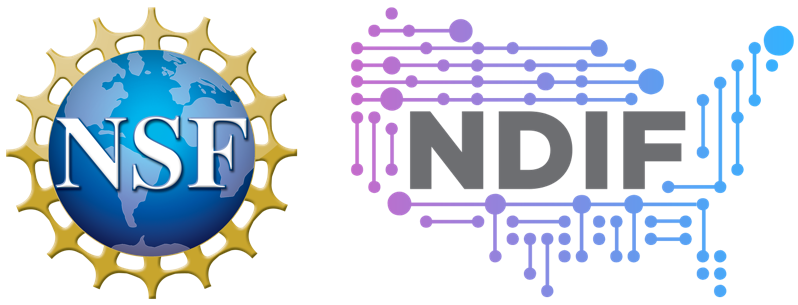About Us
Our story
The National Deep Inference Fabric (NDIF) is supported by a generous grant from the U.S. National Science Foundation. It is developed by a team at Northeastern University in Boston, Massachusetts, building upon many scientific contributions and collaborations from around the country and worldwide.
The computing capacity behind NDIF comes from Delta, an NSF computing infrastructure project developed by NCSA at the University of Illinois Urbana-Champaign. The community of NDIF users is being developed and supported in partnership with the Public Interest Technology University Network, a consortium of 63 universities and colleges.
Contact us
The best way to get in touch is to join our community; fill out the form here, and we will send you an invitation to the NDIF discord. You can also send us email inquires at info@ndif.us.
NDIF Team Members

David Bau
Director and PI of NDIF, David Bau is assistant professor at Northeastern University in the Khoury School of Computer Sciences, and he oversees the overall direction and success of NDIF. His research investigates the structure and interpretation of large-scale machine learned models such as large language models and diffusion models. Prior to his academic work, he worked in industry for over 20 years at several companies including Google and Microsoft.

Byron Wallace
Byron Wallace, co-PI of NDIF, is associate professor at Northeastern University in the Khoury School of Computer Sciences, and he ensures that the NDIF service design achieves goals for enabling impactful machine-learning research. Professor Wallace's research is in natural language processing and machine learning, with an emphasis on applications for health.
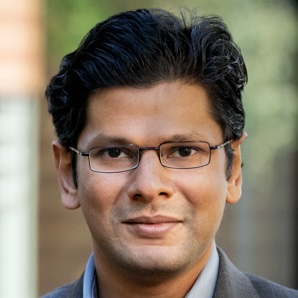
Arjun Guha
Arjun Guha, co-PI of NDIF, is associate professor at Northeastern University in the Khoury School of Computer Sciences, and he is responsible for establishing and liasing with the External Advisory Board for NDIF. Professor Guha's research is in programming language, systems, and software engineering, and his lab has been active in code LLM research including contributing to StarCoder.
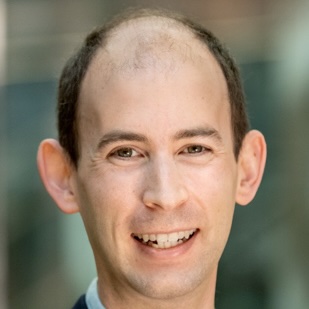
Jonathan Bell
Jonathan Bell, co-PI of NDIF, is assistant professor at Northeastern University in the Khoury School of Computer Sciences, and he oversees open-source community engagement and processes for NDIF. Professor Bell's research is in software engineering and software systems, and includes research in open-source continuous integration, fuzz testing, and secure software supply chains.
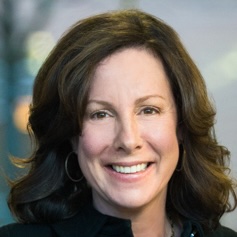
Carla Brodley
Carla Brodley, co-PI of NDIF, is the Dean of Inclusive Computing at Northeastern University and the founding executive director for the Center for Inclusive Computing, and she oversees NDIF training, outreach and knowledge transfer to the broader research, education, and business communities, and serves as liason to PIT-UN. Professor Brodley served as the dean of Khoury College of Computer Sciences from 2014-2021.
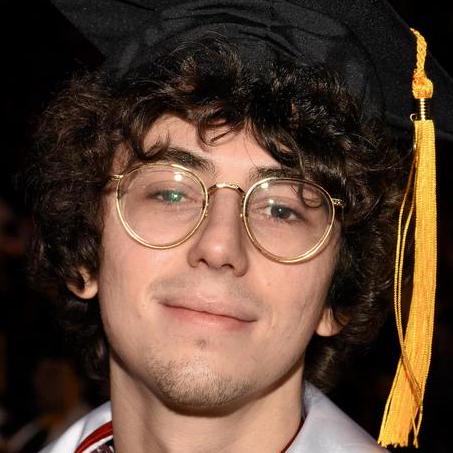
Jaden Fiotto-Kaufman
Jaden Fiotto-Kaufman, principal software engineer for NDIF, leads our engineering development effort. Prior to his role at NDIF, he served as a Senior Scientist at Raytheon BBN Technologies.

Emma Bortz
As the Technical Outreach Manager of NDIF, Emma Bortz leads NDIF's education efforts and works to further adoption of NDIF's platform. Prior to her role at NDIF, she completed a PhD at Boston University in Biomedical Engineering, where she investigated transcranial ultrasound stimulation's use as a brain therapy. She is excited to promote interdisciplinary research using NDIF.

Michael Ripa
As a Research Software Engineer at NDIF, Michael Ripa contributes to NDIF's backend engineering efforts. Prior to his role at NDIF, he completed a BS at Carleton University in Mathematics and Computer Science.

Adam Belfki
As a Research Software Engineer at NDIF, Adam Belfki contributes to the NNsight API and supports researchers using the NDIF platform. Prior to his role at NDIF, he completed his BS in Computer Science at Northeastern University.
Our Partners

The National Center for Supercomputing Applications (NCSA) at the University of Illinois Urbana-Champaign is the largest GPU computing resource in the NSF HPC portfolio. NDIF's computing capacity is provided by the Delta cluster.

New Venture Fund organizes PIT-UN, a consortium of 63 universities and colleges that study and apply technology expertise to advance the public interest. PIT-UN will work with NDIF to build and support a broad community of users across geographies, institutions, and communities, and from every field of study touched by artificial intelligence.
External Advisory Board
We are excited to introduce the members of the National Deep Inference Fabric (NDIF) External Scientific Advisory Board (ESAB) for 2025. Comprising leaders from diverse fields such as machine learning, humanities, technology policy, and supercomputing, the ESAB will help shape NDIF’s mission to advance AI interpretability, interdisciplinary research, and responsible technology development. Here are the exceptional individuals who bring their expertise and unique perspectives to guide NDIF:

Timothy Beal
Distinguished University Professor, Case Western Reserve University
Timothy Beal is Distinguished University Professor, Florence Harkness Professor of Religion,
and Director of h.lab and the Experimental Humanities initiative at Case Western Reserve University.
Projects include "Finite Futures: Imagining Alternative Ways Forward in the Anthropocene" (Henry Luce Foundation),
and "Responsible AI Curricular Design" (National Humanities Center). The recipient of a Public Scholar Award
from the NEH, he has published sixteen books.
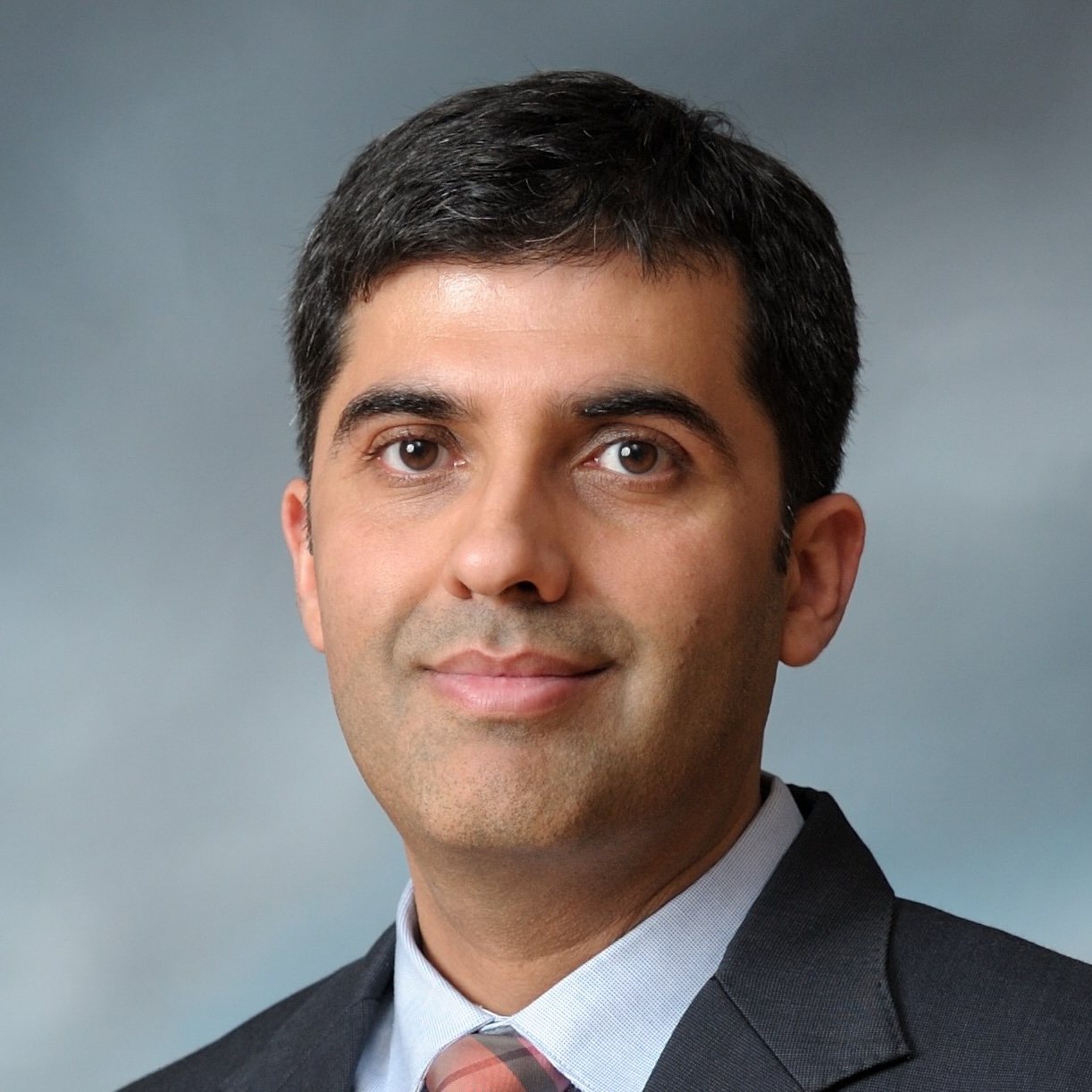
Abhinav Bhatele
Associate Professor, University of Maryland, College Park
Dr. Abhinav Bhatele is an Associate Professor in the Department of Computer Science at the University of Maryland,
College Park, where he directs the Parallel Software and Systems Group. His research focuses on high-performance computing,
parallel algorithms, and systems for machine learning. He has made significant contributions to scalable AI training on supercomputers,
including work recognized as an ACM Gordon Bell Prize finalist. Prior to joining UMD, Dr. Bhatele was a Principal Computer Scientist at Lawrence Livermore National Laboratory.

Brett Bode
Assistant Director, National Center for Supercomputing Applications at UIUC
Dr. Brett Bode has over 25 years of experience in delivering computational resources to
researchers nationwide with experience as a computational scientist and system architect.
As a co-PI Brett led the operations of the NSF leadership Blue Waters supercomputer. Brett
is currently a co-PI and deputy project director for the Delta and DeltaAI projects
which provide highly capable GPU accelerated computing resources for a wide range of computational
science and engineering.
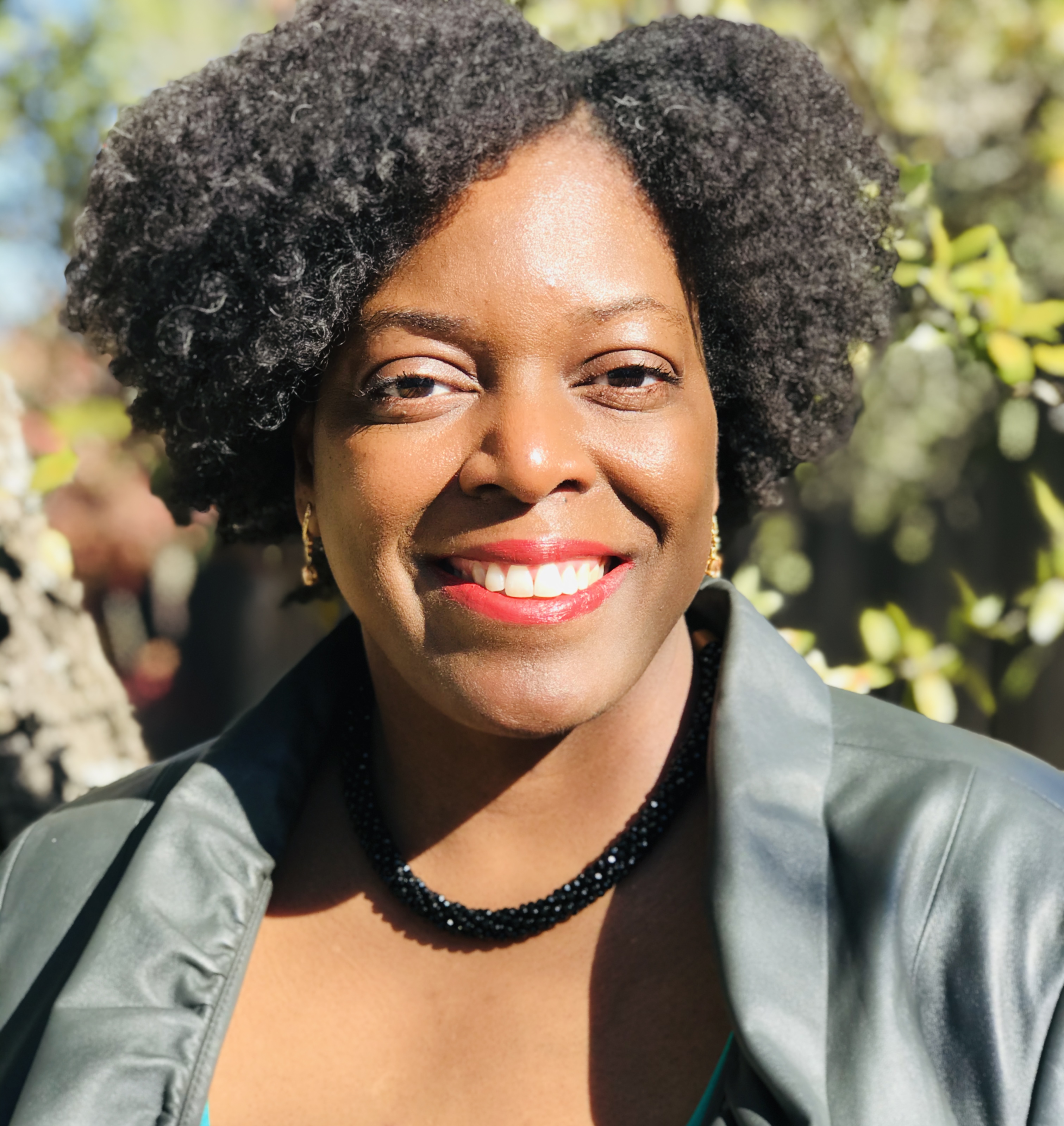
Jonelle Bradshaw de Hernandez
Head of Innovation and Strategic Initiatives, Texas Advanced Computing Center, UT Austin
Dr. Jonelle Bradshaw de Hernandez is a distinguished applied scientist, public interest technologist, and strategic leader who serves as the Head of Innovation and Strategic Initiatives at the Texas Advanced Computing Center (TACC).
She spearheads the STAR program and focuses on the societal impacts of scientific and technological innovations,
including artificial intelligence and supercomputing, across workforce development, health, cyber-resiliency, economics, and philanthropy.
Her research explores how supercomputing capabilities advance precision medicine and how to understand the broader societal investments in these fields.

Duen Horng (Polo) Chau
Professor, Georgia Institute of Technology
Dr. Duen Horng (Polo) Chau is a Professor in the School of Computational Science and Engineering at Georgia Tech,
where he co-directs the MS Analytics program and serves as Director of Industry Relations for IDEaS.
His research bridges machine learning and visualization to create scalable interactive tools for interpreting complex AI models,
with focus areas including AI security, explainable AI, and adversarial machine learning.
With 19 best paper awards and over 200 published articles, his work has been featured in media outlets including The Wall Street Journal, Wired, and MIT Technology Review
and deployed by major technology companies including Google, Microsoft, Meta, and Nvidia.

Kathleen M. Cumiskey
Professor, City University of New York
Rev. Dr. Kathleen (Katie) M. Cumiskey, Professor of Psychology at the City University of New York,
is known for her research on mobile media and the evolving relationship between technology and
profound human experiences. She is the Co-I on an NSF award leveraging blockchain technology
to enhance student retention. A founding member of the Public Interest Technology University
Network, Dr. Cumiskey is the director of the CUNY PIT Lab.
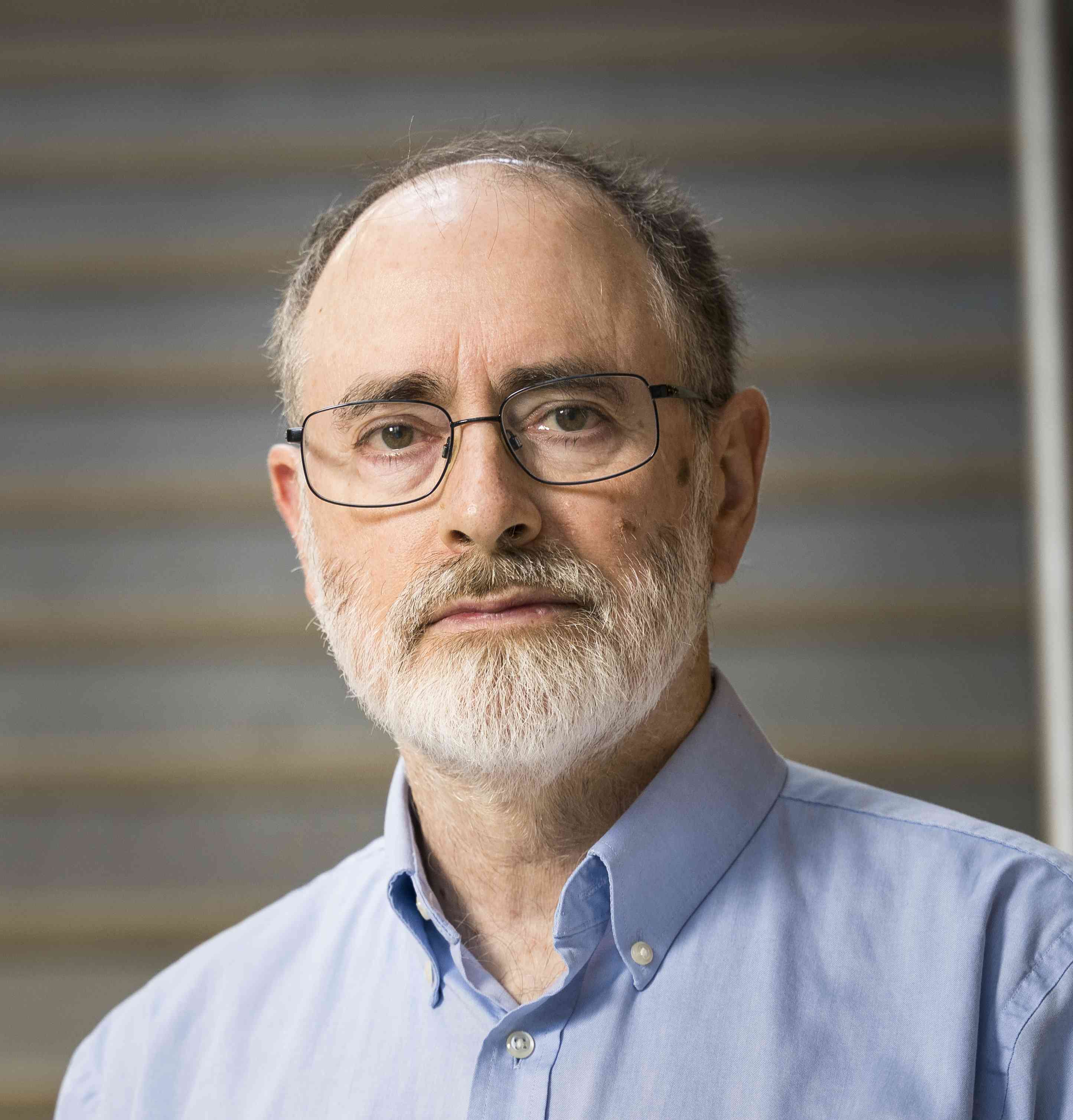
Thomas G. Dietterich
Distinguished Professor (Emeritus), Oregon State University
Dr. Thomas Dietterich (AB Oberlin College 1977; MS University of Illinois 1979; PhD Stanford University 1984)
is Distinguished Professor Emeritus in the School of Electrical Engineering and Computer Science at
Oregon State University. Dietterich is one of the pioneers of the field of Machine Learning and has
authored more than 220 refereed publications and two books. His current research topics include
novelty-aware artificial intelligence, robust human-AI systems, and applications in sustainability.
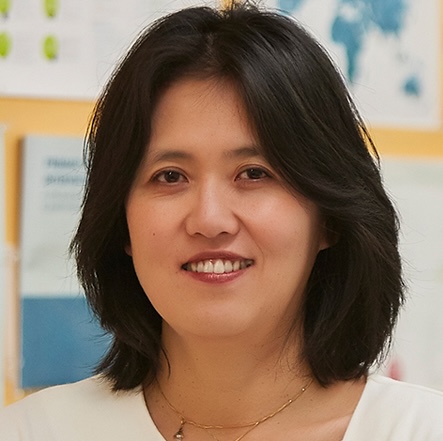
Youngbok Hong
Professor, Indiana University Indianapolis
Youngbok Hong is a Professor of Visual Communication Design and Graduate Program Director of Design Thinking and Design Leadership at the Herron School of Art and Design,
Indiana University Indianapolis and an Affiliated Scientist at the Regenstrief Institute. Her research focuses on design as a form of inquiry,
with interests in reasoning and action processes in designing, visual sense-making in qualitative research,
and visual communication in collaborative problem solving. Using design research methodology,
Hong has conducted numerous interdisciplinary studies across healthcare, education, and social justice domains.
Prior to academia, she worked in interactive media design and new media product development at Samsung.
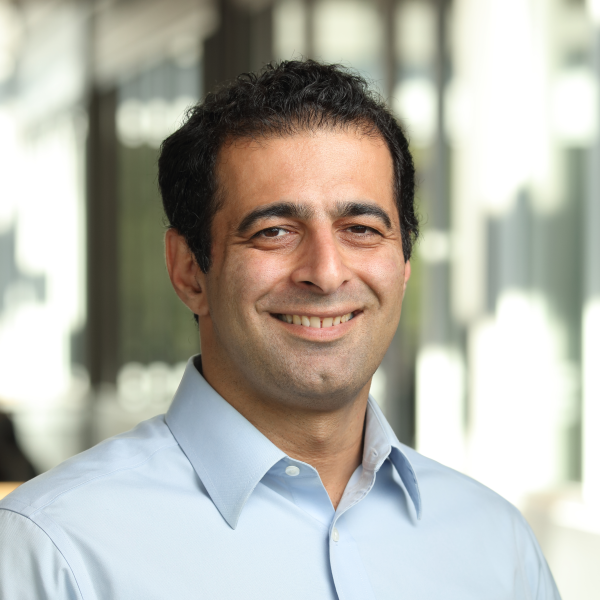
Heman Shakeri
Assistant Professor, University of Virginia
Dr. Heman Shakeri is an Assistant Professor at the School of Data Science at the University of Virginia,
where he is the Principal Investigator for the DYNAMO Lab and a member of the UVA Center of Diabetes Technology and UVA Cancer Center.
His research focuses on algorithm development in machine learning, learning-based control, and network science.
Prior to joining UVA, Dr. Shakeri was a Postdoctoral Associate at the Institute of Computational Comparative Medicine at Kansas State University,
where he conducted research on statistical analysis of complex interconnected networks and multi-drug resistance networks.

Michael Simeone
Associate Research Professor, Arizona State University
Dr. Michael Simeone is an Associate Research Professor at ASU's School for Complex Adaptive Systems.
He is an interdisciplinary researcher who bridges data science to humanistic and social methodological
considerations. He specializes in applying machine learning to cultural and sociotechnical systems, as
well as understanding how people make meaning in immersive information environments. His work also integrates
computational techniques with a focus on ethical considerations and the epistemological foundations of
interdisciplinary research.
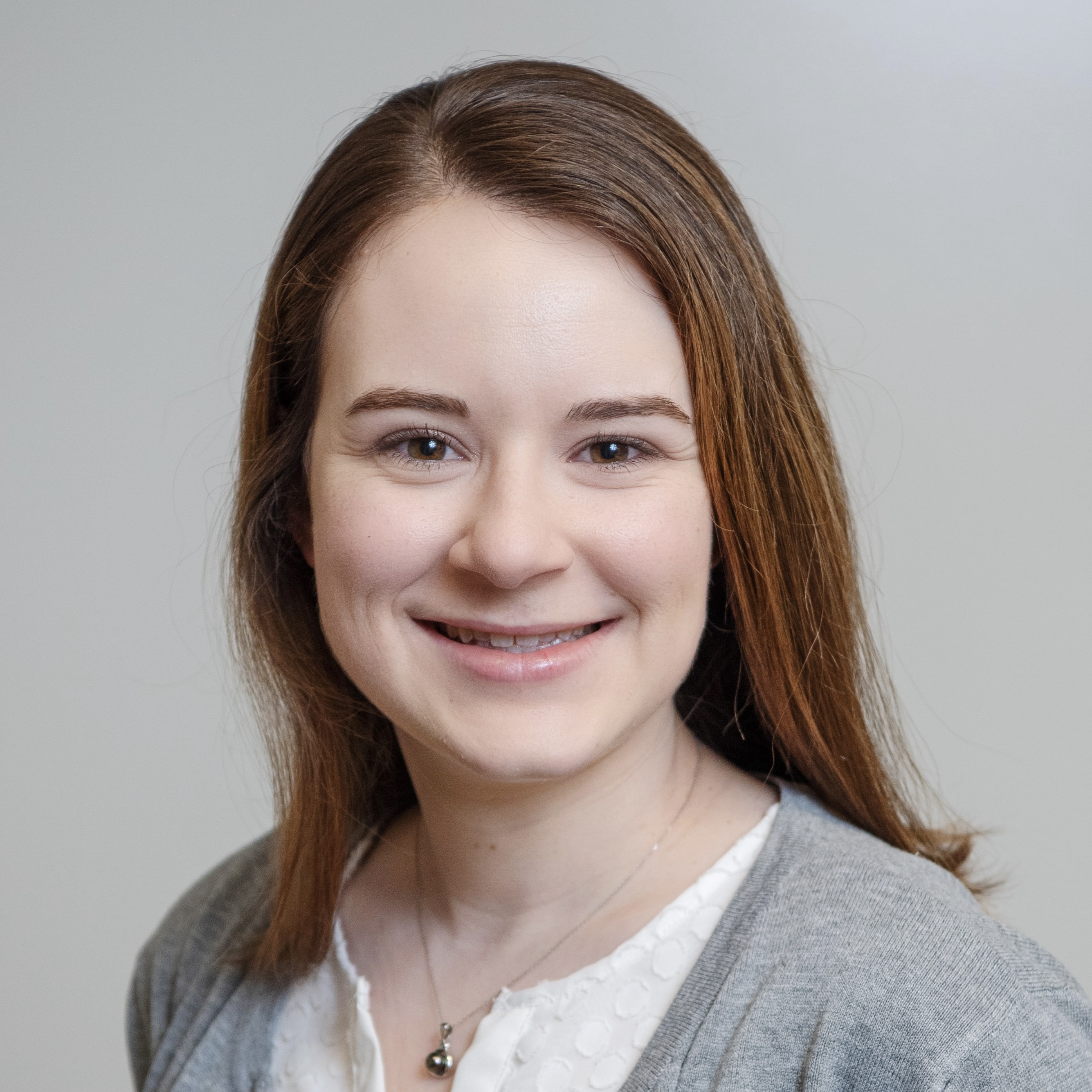
Sarah Wiegreffe
Assistant Professor, University of Maryland, College Park
Dr. Sarah Wiegreffe is an Assistant Professor in the Department of Computer Science at the University of Maryland, College Park.
Her research focuses on the interpretability and transparency of language models and neural networks, with the goal of increasing their reliability,
safety, and performance. She also specializes in providing natural language explanations for users of language models.
Previously, Dr. Wiegreffe was a postdoctoral researcher at the Allen Institute for AI and the University of Washington.
She has been recognized as a Rising Star in Machine Learning, Generative AI, and EECS, and has received multiple outstanding reviewer and area chair awards.
